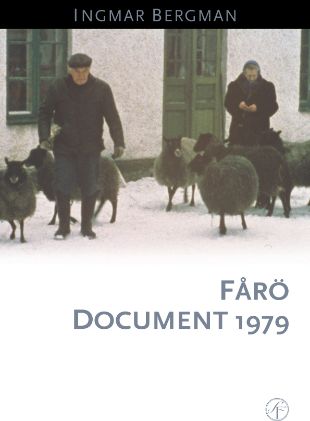
The Faro Document 1979 (1979)
Directed by Ingmar Bergman
Run Time - 121 min. |
Countries - Sweden |
MPAA Rating - NR
Share on
Synopsis by Nathan Southern
In 1969, Ingmar Bergman crafted a little-seen documentary entitled Fårodökument - a sociological portrait of a Scandinavian island called Faro, off the coast of Gotland in southeastern Sweden. Bergman was fascinated by the extremes in climate, which make the island unbearably cold and practically unlivable during the winter but quite mild and pleasant in the summer. The territory thus fell into a critical position, where its summer tourists and a handful of residents enabled the economy to exist on the very edge of sustenance - that is, until many of the younger residents decided to take off for Stockholm and other big cities, and threatened to drive the island completely under. Fårodökument 1979 constitutes a follow-up to that original film, where Bergman (in-between Autumn Sonata and From the Life of the Marionettes at the time) re-visits Faro with his cameras and observes the sociological changes that have occurred in the intervening decade. This yields a series of encouraging onscreen discoveries: the original population size of 673 has remained fairly stable, and many of the teenagers and young adults who yearned for a big city life in the late sixties then changed their minds, deciding to harken back to Faro and do agrarian work with their families - while recognizing augmentative work in other areas as a prerequisite of continued economic stability. In lieu of unearthing the history of the land and the backstories of its residents, Bergman uses his screen time to investigate the interrelationships between Faro's indigenes, their ties to the land, and the components of their lifestyles, from work-related activities (fishing, hunting, construction, agriculture) to leisure. Bergman also touches on the widespread fear of rapidly escalating tourism, and the residents' concomitant need to preserve local culture.